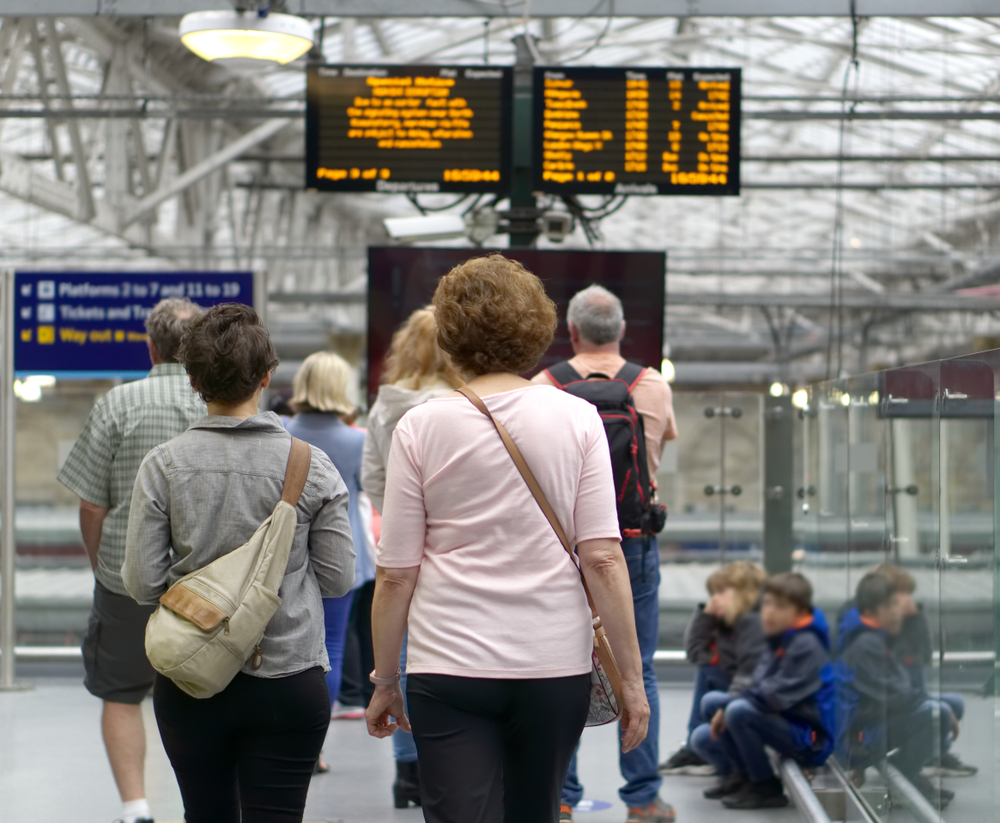Household Bills
British workers spend 492 days of their lives travelling to work

Commuting costs the typical commuter £37,399 over a lifetime, according to Lloyds Bank.
Workers in the UK spend more than10 days (251 hours) travelling to and from work every year, at a typical annual cost of £795.72, according Lloyds Bank’s “How Britain Lives” study.
The UK-wide analysis, conducted in partnership with YouGov, found that despite the time and expense, almost half of workers (47 per cent) like their commute and one in 20 (7 per cent) go as far as to say they love their journey into work.
However, a third (36 per cent), of workers dislike their commute with one in five (21 per cent) saying it has become less reliable over the past five years, and a third (33 per cent) claiming it is more crowded than half a decade ago.
Londoners have the longest commute
With an average daily commute of 84 minutes, people living in London experience the longest journey to and from work in the UK, almost double that of those living in the East Midlands (49 minutes) or Wales (52 minutes).
Those living in the South East (75 minutes) and the East of England (69 minutes) also face higher-than-average commuting times.
The cost of commuting
The average UK workers spends £66.31 a month travelling to and from work.
Those living in the East of England, in areas such as Cambridge, Norwich and Peterborough, fork out the most with an average of £78.93 a month, totalling £947.16 a year.
Londoners spend an average of £76.49 on their commute every month (£917.88 a year), while workers in the South East spend £75.77 a month (£909.24 a year).
Workers in the East Midlands, living in cities such as Derby, Leicester and Nottingham, spend the least time and money commuting, paying £45.51 each month (£546.12 a year) with a typical daily journey of 49 minutes.
Workers in this region are the happiest commuters in the UK, with just 19 per cent saying they dislike their journey to and from work.
Driving is the most popular way to travel
The car is the most used mode of transport for commuting, with 57 per cent of British workers travelling to work in this way.
Almost a third (31 per cent) walk to work, one in five (20 per cent) take the bus, 18 per cent use the train, and just 6 per cent choose to cycle.
Londoners are the most likely to travel on public transport (51 per cent) or on foot (45 per cent), while those in the West Midlands are most likely to commute by car (76 per cent).
Younger commuters aged 18 to 24 are the most likely to use public transport (56 per cent) or walk to work (43 per cent), while those aged over 55 are the most likely to drive (63 per cent).
Miles Ravenhill, director at Lloyds Bank, said: “Commuters in the UK are spending almost £800 a year on their journey to and from work – the equivalent of a city break to sunny Europe. While many may dream of rolling out of bed and straight into the office, the daily commute is the perfect opportunity to invest in yourself, whether that’s keeping up with the latest news, unwinding to a podcast or relaxing to some music.”